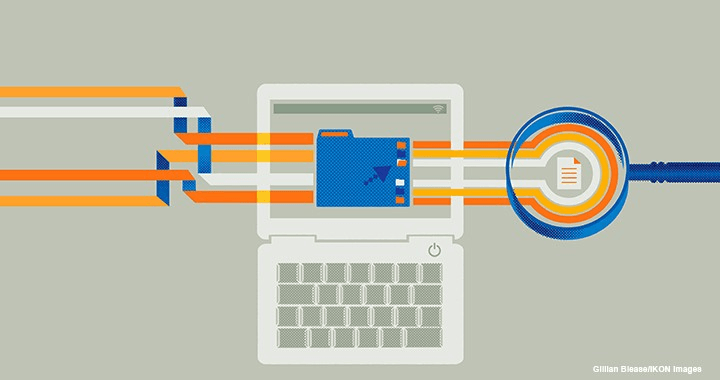Manual vs Systemised Financial Reporting
Feb 24,2020 / Haroon Juma / Accounting Blogs

Not too long ago, manual financial reporting was the only choice that businesses had to keep their finances in check. Today, advancements in technology have helped to simplify the entire accounting process.
Many established companies are concerned that a digitised, automated system can affect document security. Others are wary of moving over an automated system after getting used to paperwork for decades. In reality, a digital solution is simpler, safer, and far more effective.
Which Financial Reporting Option is Best?
What are some of the biggest differences between these two types of financial reporting? Some of the things to consider when choosing between the two include the following:
Time
Think about how much time it takes to manually process every single financial document required to put together your reports. Now, think about how much time it would take using a systemised tool.
A digitised system takes a great deal of time and effort out of reporting, allowing your team members to focus on their primary tasks without having to juggle too many things at once.
Reliability
Another thing to take into account is reliability. One of the biggest challenges of manual reporting is that it is not immune from human error.
This is especially a risk when employees are completing reports on top of other tasks. Using an automated platform reduces a great deal of risk, ensuring a systemised, standardised option that is far more reliable.
Security
A digitised system helps to keep all your financial data in one platform where your data is secure, is backed up and you are less likely to lose.
If there is a fire or your accountant leaves your business, paper records can never be recovered and an excel document still relies on the knowledge of your accountant to explain how he recorded your books.
A good digitised system in the Cloud will stand the test of time and provide clarity to better manage your reporting.
Compliance
This brings us to our final point. The most important difference of all is compliance. In order to ensure that reports are done in line with UAE tax and VAT requirements, reports need to be processed according to best practices and meet the legal obligations.
Even minor variations on invoice layouts or overlooked documents can have a big impact. Using a system that ensures a streamlined reporting process will give you complete peace of mind throughout the financial year.
Our Accounting Services and ERP Solution offers a comprehensive cloud-based enterprise management platform that makes it easy to automate your financial and enterprise business processes.
This platform allows you to manage all areas of your business, from VAT to HR, marketing, Point of Sale, and more. Contact us today to learn more about the ERP Solution will help you simplify your financial reporting.
Partner With SimplySolved
Serving over 200+ clients we know the challenges your business faces operating cost effective, compliant and efficient back office operations in Finance, Tax, Human Resources Management, IT and Marketing.
As an FTA Accredited Tax Agency with ISO 9001 Quality & 27001 Information Management Certification, we offer a quality-based approach to our services supported by dedicated team of certified professionals.
We support our clients with defined processes, platforms and expertise to deliver advisory, project and outsourced services in Accounting, Tax, Auditing, HRM, IT & Marketing. Our offerings are specially designed to meet the UAE Regulations to put you in control of your information, comply to the regulations and help you make better business decisions.